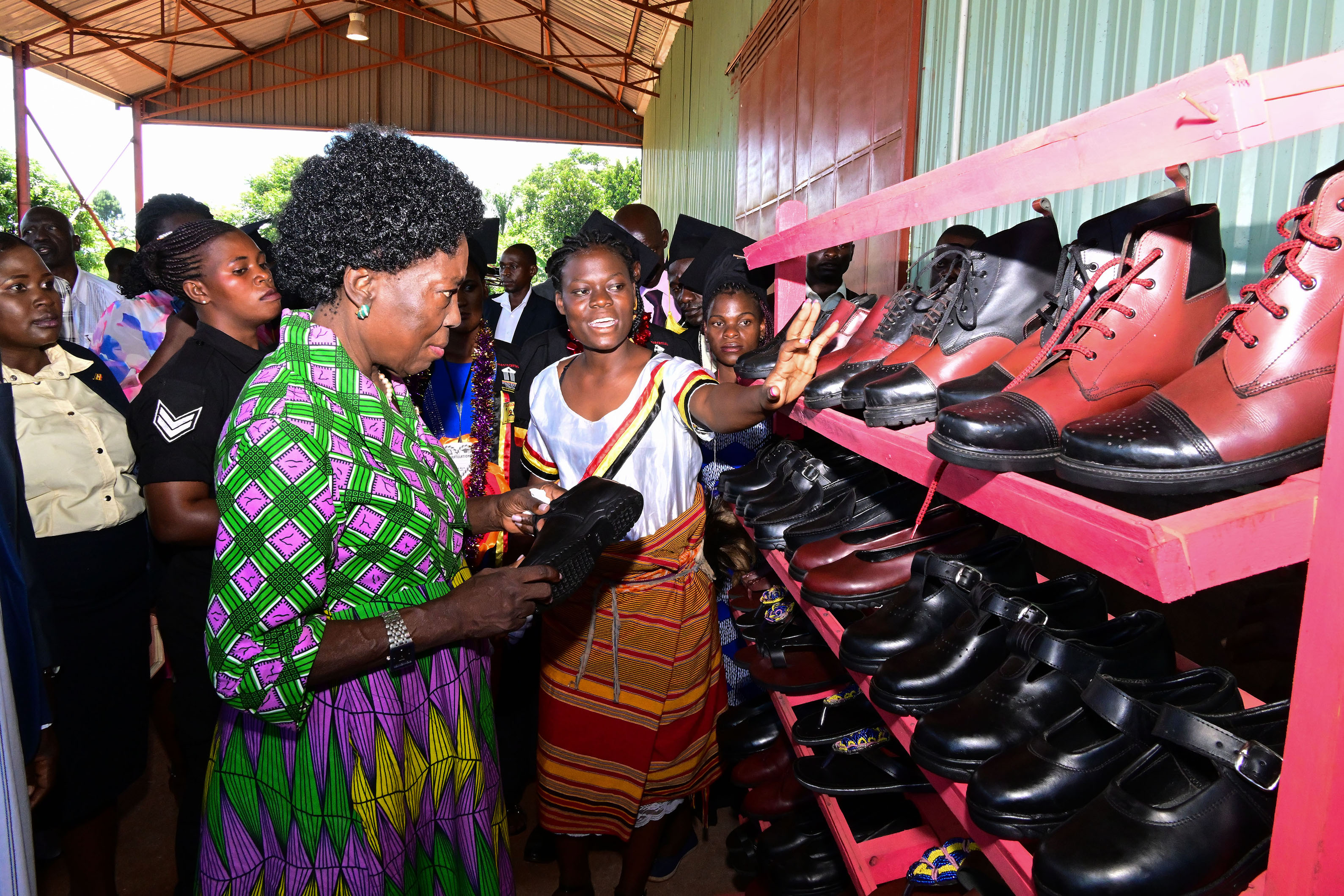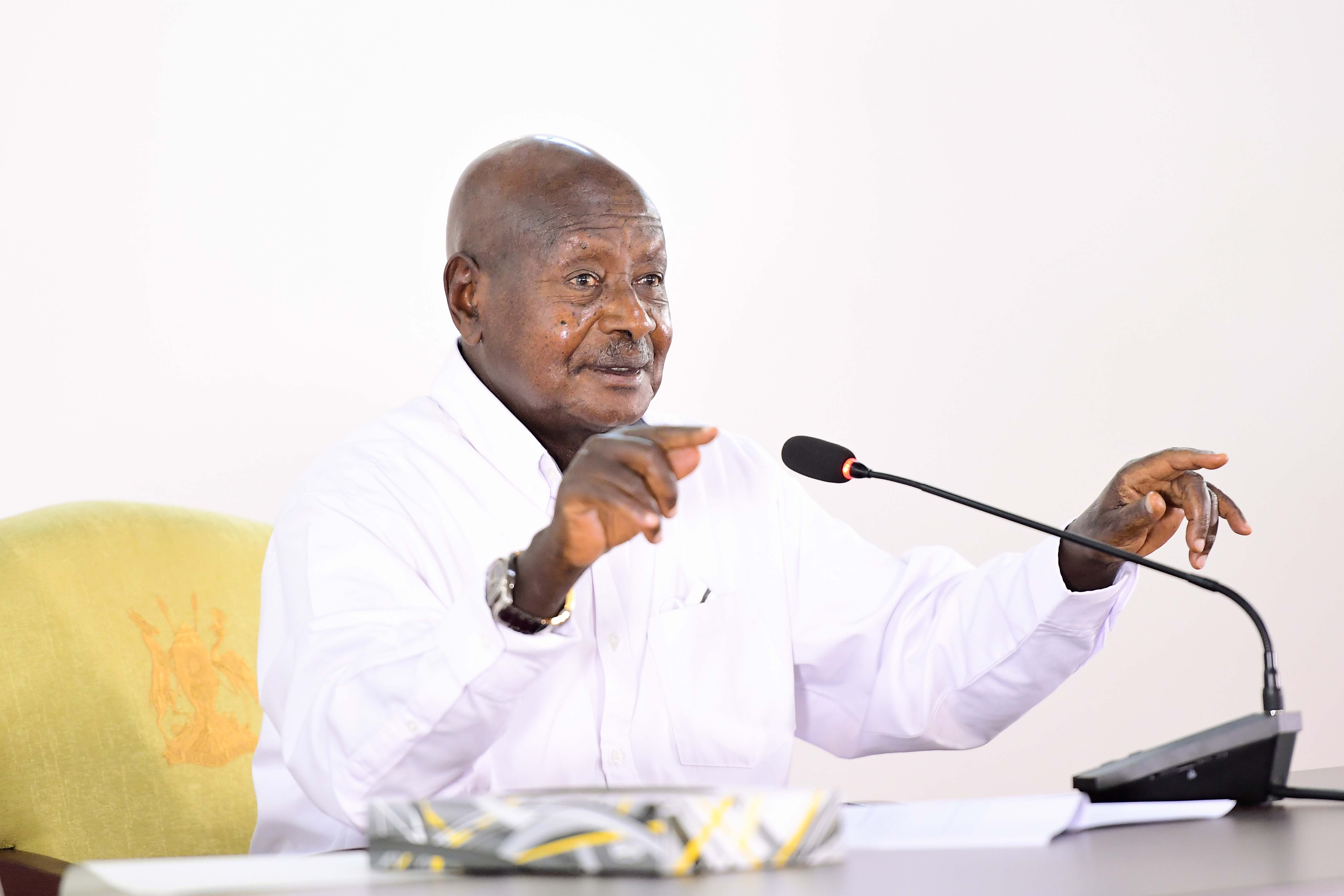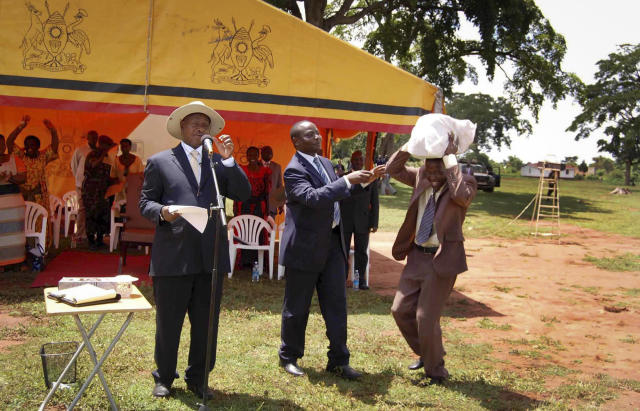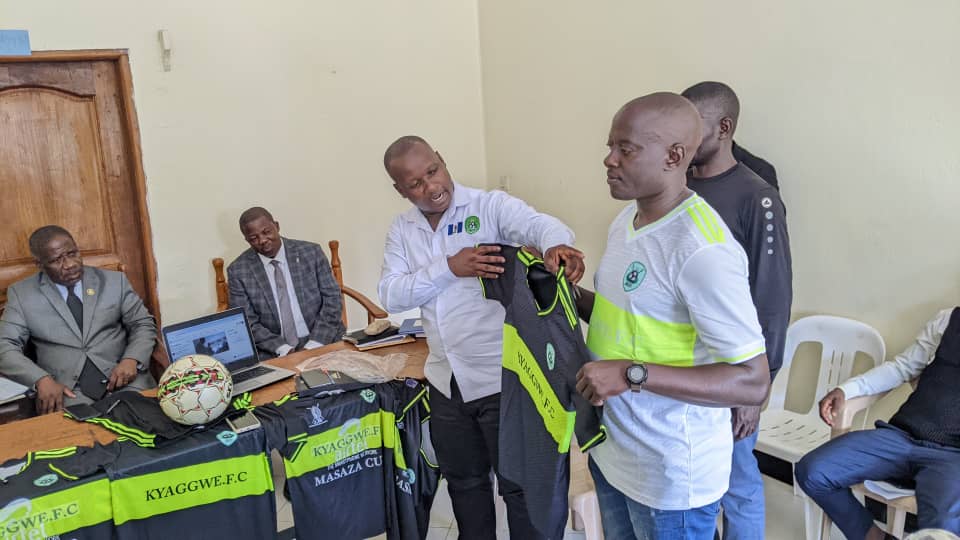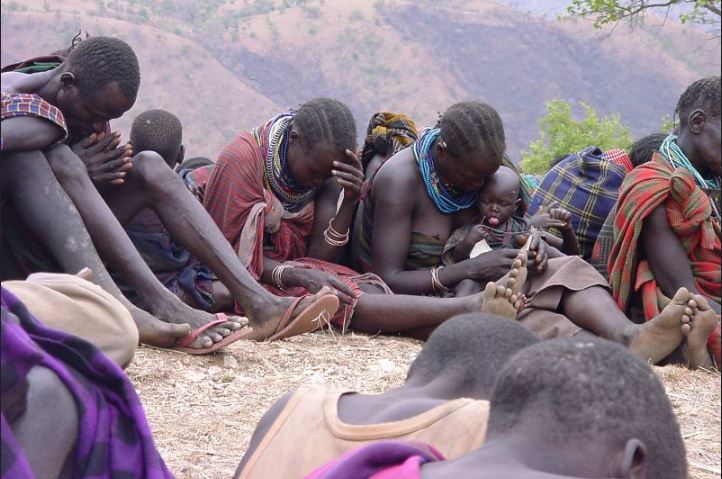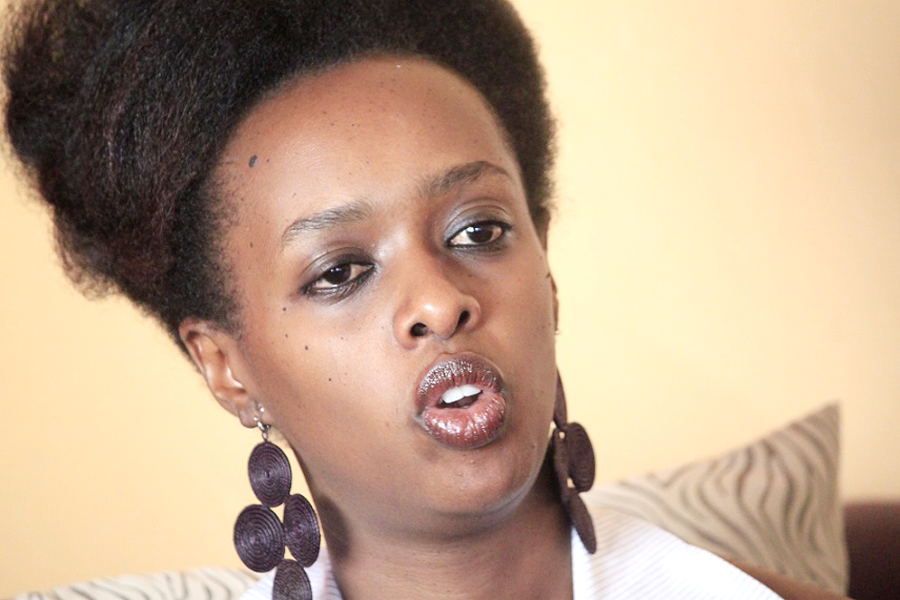Could your social media activity be contravening the Computer Misuse Act, 2011?
Similarly, on 12th July 2019, President and Founder of Watchman Ministries Joseph Kabuleta was arrested and charged with offensive communication under Section 25 of the same Act.
Simon Ssenyonga
Keep Reading
The Computer Misuse Act of Uganda was enacted to make provision for the safety and security of electronic transactions and information systems, to prevent unlawful access, abuse or misuse of information systems including computers and to make provision for securing the conduct of electronic transactions in a trustworthy electronic environment, and to provide for other related matters.
In other words, this is one of the cyber laws that was enacted by Parliament in 2011 to protect online Space. Other cyber laws include the Electronic Signatures Act and the Electronic Transactions Act of 2011.
Under the interpretation section of the Computer Misuse Act, a computer means an electronic, magnetic, optical, electrochemical or other data processing device or a group of such interconnected or related devices, performing logical, arithmetic or storage functions; and includes any data storage facility or communications facility directly related to or operating in conjunction with such a device or group of such interconnected or related devices.
Based on the above definition, a computer may include a mobile phone. As such, any post made using a telephonic device that in any way contravenes the provisions of the Act may constitute an offence and hence punishable under this Act.
In the recent past, Ugandan academic and activist Stella Nyanzi was charged with the offence of cyber harassment and offensive communication contrary to Sections 24 and 25 of the above stated Act following a Facebook post she published on 16th September 2018.
Similarly, on 12th July 2019, President and Founder of Watchman Ministries Joseph Kabuleta was arrested and charged with offensive communication under Section 25 of the same Act.
Prior to the enactment of the Computer Misuse Act, victims of such harassment could only find limited protection under the right to privacy guaranteed under the Constitution of the Republic of Uganda and other provisions within the Penal Code Act Cap 120.
Whereas Uganda has mostly applied this law to tackle citizens’ online and social media communications, other jurisdictions have used their cyber legislations to protect the online spaces and guard against cybercrime like computer fraud, cyber terrorism and enforce data protection.
Such countries include but are not limited to; the United Kingdom (Computer Misuse Act of 1990 as amended in 2015), India (The IT Act of 2000 as amended in 2008), South Africa (Computer Misuse Act), Kenya (Computer Misuse Act and CyberCrimes Act no.5 of 2018 and Tanzania (CyberCrimes Act of 2015), inter alia.
Communication offences in Uganda are specifically addressed under sections 24, 25 and 26 of the Computer Misuse Act. Section 24 deals with cyber harassment which includes but is not limited to making any request, suggestion or proposal which is obscene lewd, lascivious or indecent.
A case in point is the recent case involving a one Brian Isiko who repeatedly engaged in unwanted overtures to Hon. Sylvia Rwabogo.
Section 25 covers offensive communication which entails repeated use of electronic communication to disturb or attempts to disturb the peace, quiet or right of privacy of any person with no purpose of legitimate communication whether or not a conversation ensues.
This therefore implies that where communication shared is for a legitimate purpose it cannot constitute an offence under this section.
Section 26 covers cyber stalking entailing wilful, malicious and repeated use of electronic communication to harass some other person and makes a threat with the intent to place the person in reasonable fear for his/her safety or to a member o that person’s family.
From the foregoing, it is clear that any activity fulfilling the ingredients highlighted in the aforementioned sections contravenes this law.
Drawing from section 25 however, the question that lingers is what constitutes legitimate communication within the meaning of this law?
Could a communication in the public interest be considered illegitimate or offensive?
The writer is a lawyer with Crownel Co. Ltd ssenyon@gmail.com






